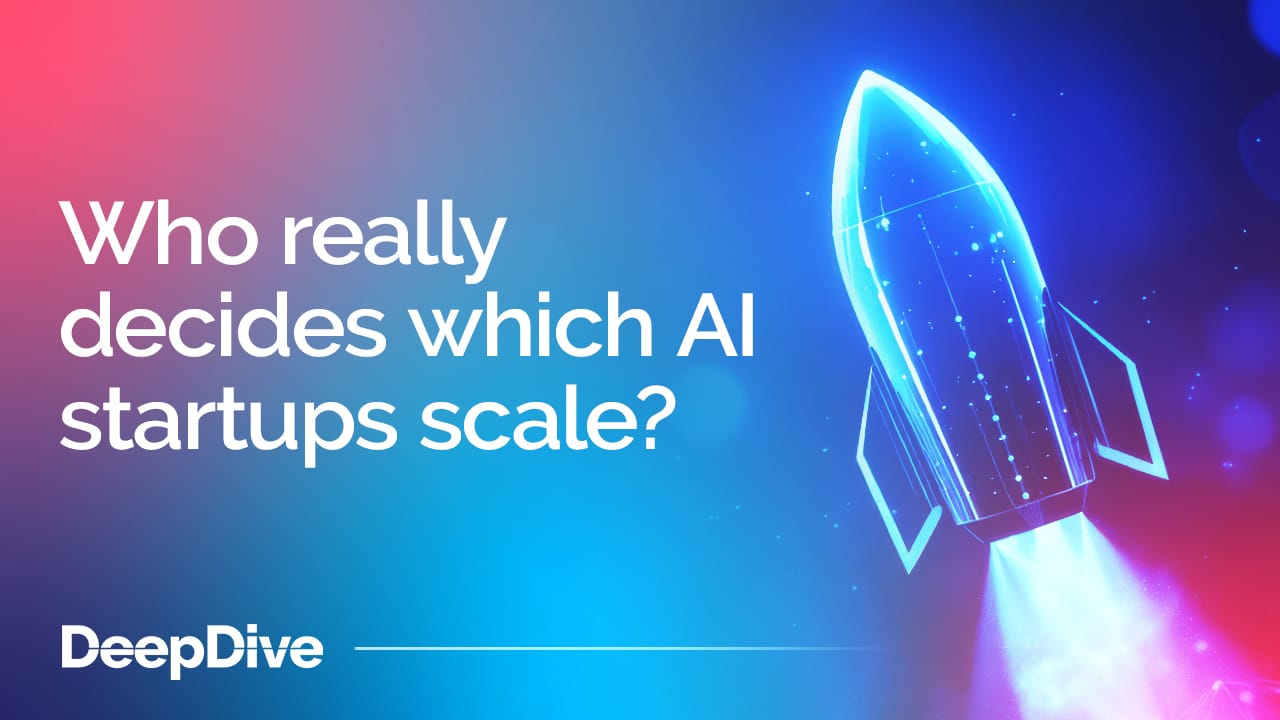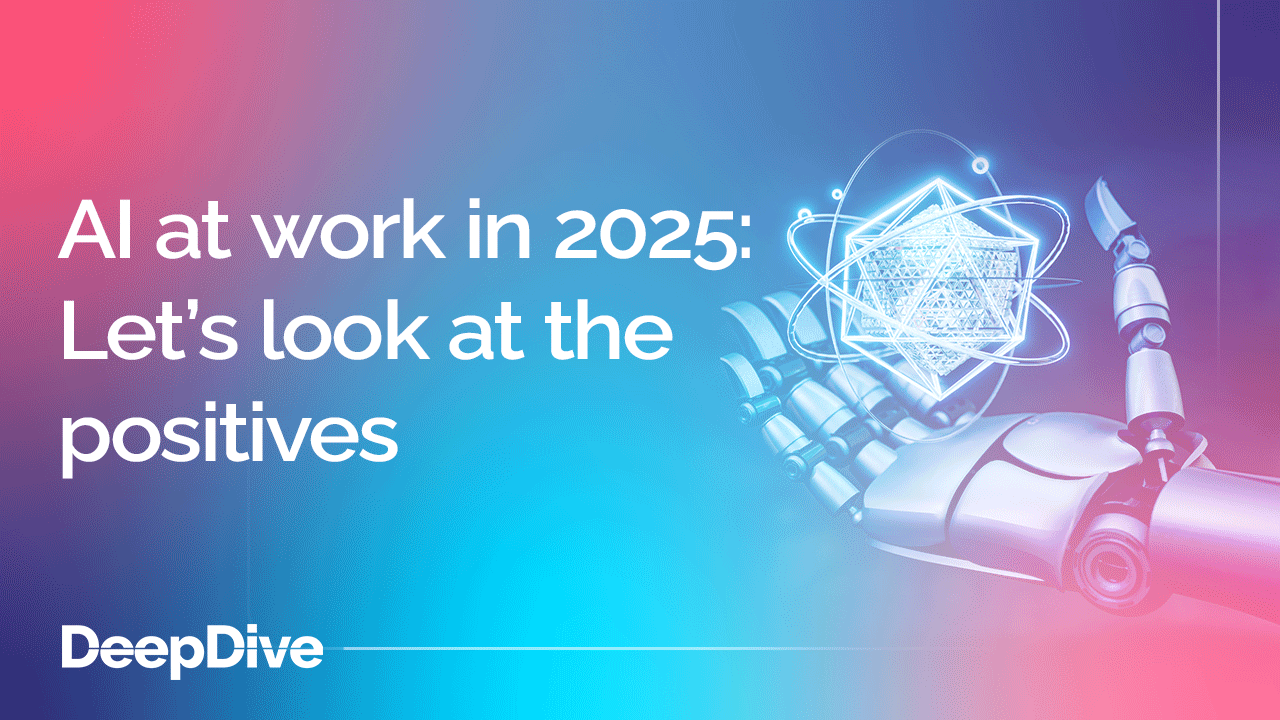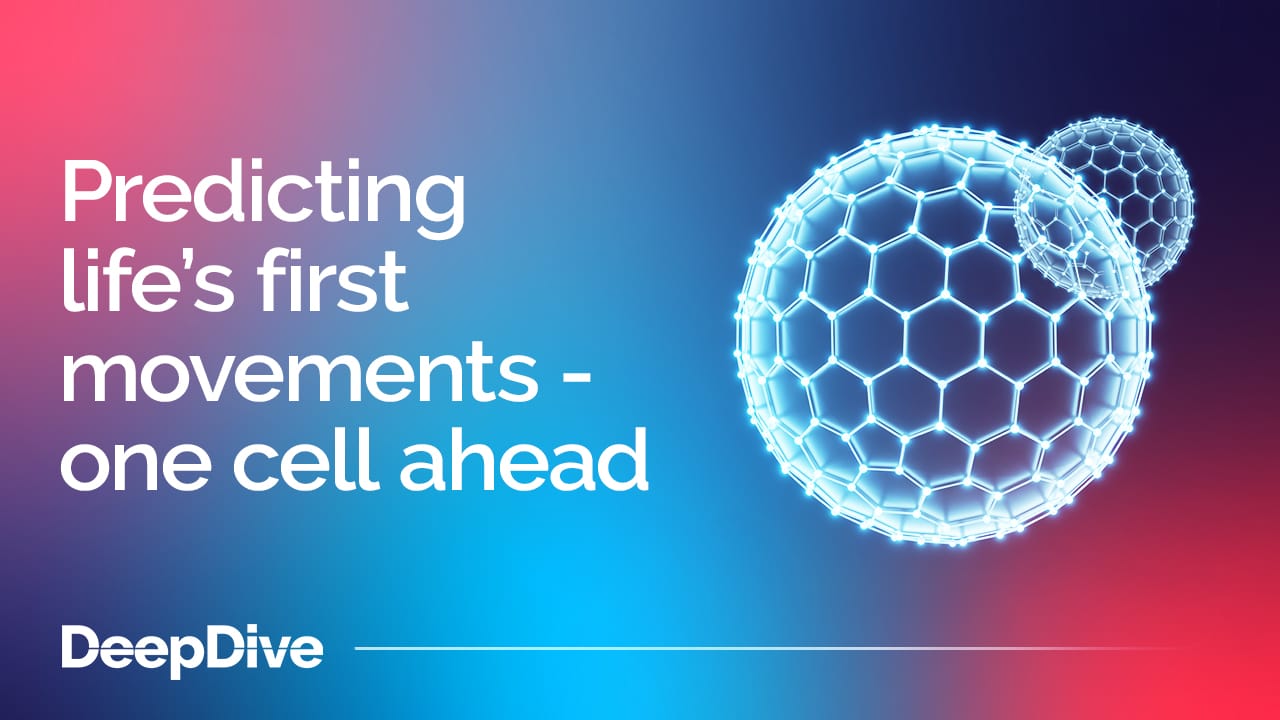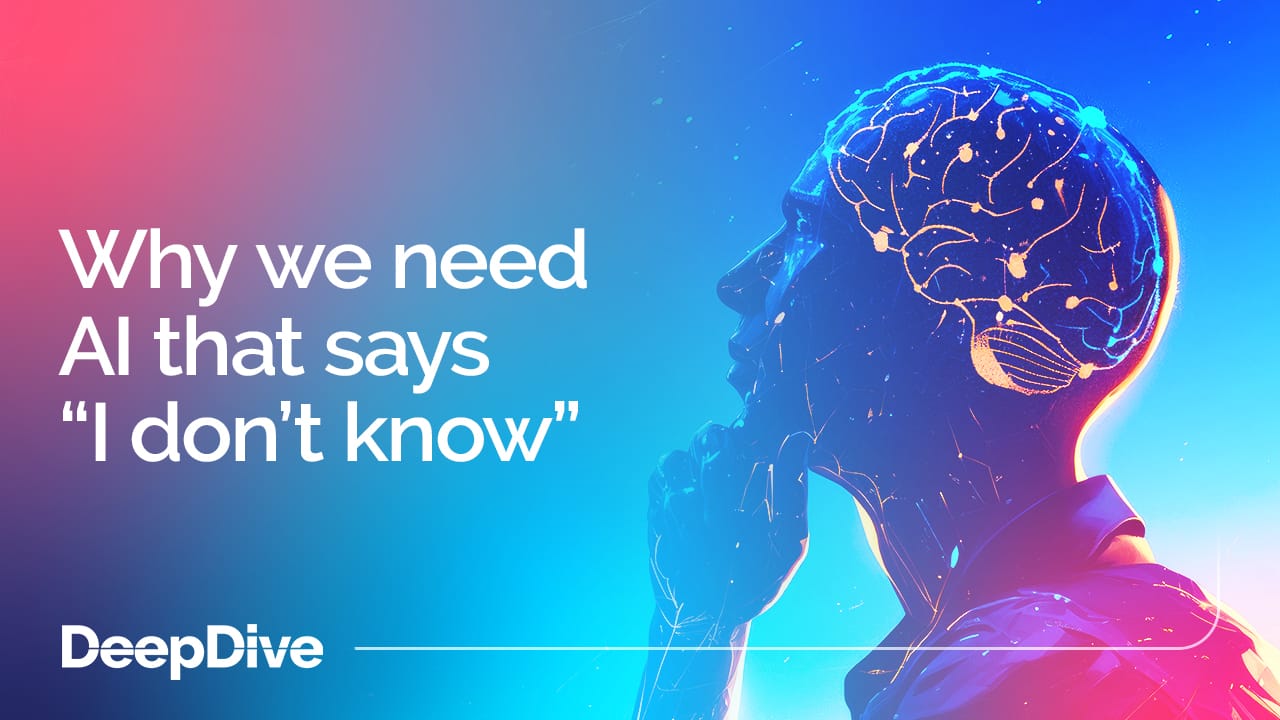

AI at work in 2025: Let’s look at the positives

Welcome to the 11 new deep divers who joined us since last Wednesday.
If you haven’t already, subscribe and join our community in receiving weekly AI insights, updates and interviews with industry experts straight to your feed.
DeepDive
It’s been a whirlwind few years for AI in the workplace, but that whirlwind is whipped up even more by the mainstream media. While there’s no doubt that AI is changing the world of work – and that there are issues to be concerned about – it’s also clear that it’s bringing plenty of positives.
We’ve pulled together the latest research that shows how AI is making work more productive and future-ready; and in some cases, even making work more meaningful for humans.
Productivity has quadrupled in AI-centric industries
According to PwC’s 2025 Global AI Jobs Barometer, industries most exposed to AI have seen revenue per employee increase by 27% between 2018–24 – that’s nearly four times the growth (7%) of less AI‑exposed industries.
This represents a shift in economic reality. AI has helped industries like financial services and software publishing not only do more, but do it more efficiently and effectively.
Perhaps the most striking figure from PwC is that workers with AI skills now command an average wage premium of 56%, up from 25% the previous year.
It’s a reality that some jobs are being replaced by AI. But as organisations continue to invest in this tech, they’re also upping the value of AI-based skillsets
WEF’s forecast suggests AI will create more jobs
Mainstream media reports fixate on AI-related job losses. Understandably so; it’s an emotive issue for the world’s workforce. But the World Economic Forum’s 2025 Future of Jobs report paints a much more nuanced picture.
Yes, it predicts 92 million roles will be displaced by 2030 – but it also forecasts a net gain of 78 million new jobs.
That’s equivalent to adding roles equal to 14% of today’s global employment. And although change can feel jarring, it also opens doors to new careers in AI ethics, digital oversight, human-machine interaction design, and more.
The report estimates that about 39% of current skills will become outdated by 2030. Which means upskilling or reskilling now is critical for organisations and individuals who want to avoid losing ground later.
AI is reshaping how we work
As well as changing the kind of jobs people do in the future, AI is also changing how those jobs are done.
A McKinsey study on AI in the workplace reveals one of the most tangible benefits of AI integration. In a six-month trial involving 6,000 knowledge workers, users of a generative AI assistant…
- Spent 25% less time on emails – equivalent to saving roughly three hours per week
- Completed documents significantly faster
- Did not spend less time in meetings
This is important, because it shows that AI is enabling us to redesign workflows (not just automate tasks). Less admin means more time for high-impact, human-centred activities like problem-solving, mentoring, and innovation.
What this means for professionals and leaders
Here’s how these insights translate into everyday reality:
- AI is a turbocharger, not a replacement From the PwC report and McKinsey study, we see AI elevating human output, not snapping at the heels of people. AI tools help talented individuals do more, faster – and smarter.
- Upskilling is survivalWith WEF projecting that 39% of current skills will be outdated by 2030, the race is on. Jobs may shift, but demand will grow in roles linked to AI implementation, data governance, ethics, and human-AI collaboration. Investing in L&D programmes is, increasingly, a competitive strategy, enabling an organisation to create the workforce it’ll need in the future.
- Workflow redesign is the new frontier It’s not enough to deploy AI and leave it at that. McKinsey’s findings emphasise the need to redesign end-to-end processes. When AI replaces emails, what fills that time? Peer coaching? Strategy sprints? Ideation sessions? The opportunity (and the leadership challenge) is to re-engineer work around AI-enabled productivity gains.
Four practical steps to harness this momentum
If you lead an organisation or an AI-facing team, here are four action points to help you lead in 2025 and beyond:
- Run small-scale pilots like McKinsey’s: measure time saved, outcomes improved, and repeat the success on a larger scale.
- Map your skill shift: audit your teams, identify personas facing obsolescence, and build tailored reskilling pathways.
- Re-engineer workflows: where are chatbots or AI agents reducing admin? How can that time be reinvested?
- Promote human-centred AI: appoint roles like AI Workstream Manager or Chief Human-AI Officer to oversee responsible adoption and ensure tech isn’t swamping the workforce.
Accepting AI as a force for change
At every major change point in human culture and engineering, we think we’re entering a new dystopia. But AI can generate positive change – boosting productivity, increasing value for workers, and creating new roles – even as it reshapes existing careers.
AI isn’t the enemy of work. If we engage thoughtfully and skillfully, it can be a new ally for the future of meaningful work; not just entering the workplace, but enriching it.
We want to hear your stories
What’s the most positive change you’ve seen in the world of work because of AI?


Predicting life’s first movements – one cell ahead
How geometric deep learning forecasts cell development

Related
articles


Predicting life’s first movements – one cell ahead
How geometric deep learning forecasts cell development

